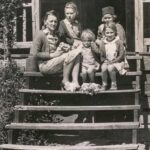
This task was a staple in the agricultural work of North Wilkesboro and surrounding areas, where tobacco farming was a dominant industry. Tobacco bag stringing involved the labor-intensive process of preparing and packaging tobacco leaves, a step necessary before the leaves could be shipped to markets.
The work required dexterity and strength, as workers would carefully tie the tobacco leaves into bags for storage and transport. Like many other women of the time, Ethel took part in this labor to help support her family, working long hours alongside her children, who also contributed to the farm and household duties.
Mrs. Holsbrook’s family was a reflection of the close-knit, hardworking rural households that defined much of the Appalachian region. She was married and had four children: Mozelle, aged 16, Estelle, aged 15, Effie, aged 10, and Adia, aged 5. These children likely assisted in various chores around the farm or with the tobacco bag stringing process.
In many rural families, the work of the household and farm was shared by all, and children often contributed to the upkeep of the home and the completion of agricultural tasks. For young girls like Mozelle and Estelle, learning to string tobacco bags might have been a way to help the family earn a living, while younger children like Effie and Adia would have had lighter tasks suited to their age, yet still played a role in the family’s daily routines.
Life for Mrs. Holsbrook and her children in North Wilkesboro during 1939 was shaped by both the Great Depression and the agricultural cycles of the region. The tobacco industry, though vital to the economy, had been hard-hit by the economic struggles of the time. Nonetheless, families like the Holsbrooks continued to rely on their land and work to survive, with each member playing a vital role in the family’s ongoing resilience. Despite the challenges, Mrs. Holsbrook’s dedication to her children and the household exemplified the resourcefulness and strength of rural families, whose lives were rooted in hard work, community, and a strong sense of familial duty.
This photograph of Mrs. Ethel Holsbrook and her children at work reflects the broader narrative of rural American life during the late 1930s, a period marked by perseverance, family unity, and the determination to thrive despite the difficulties of the time.
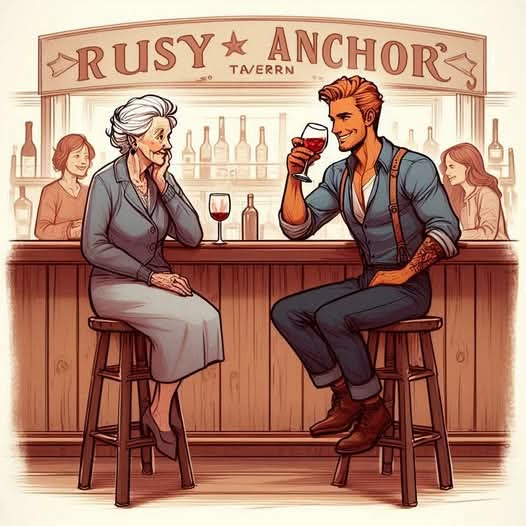

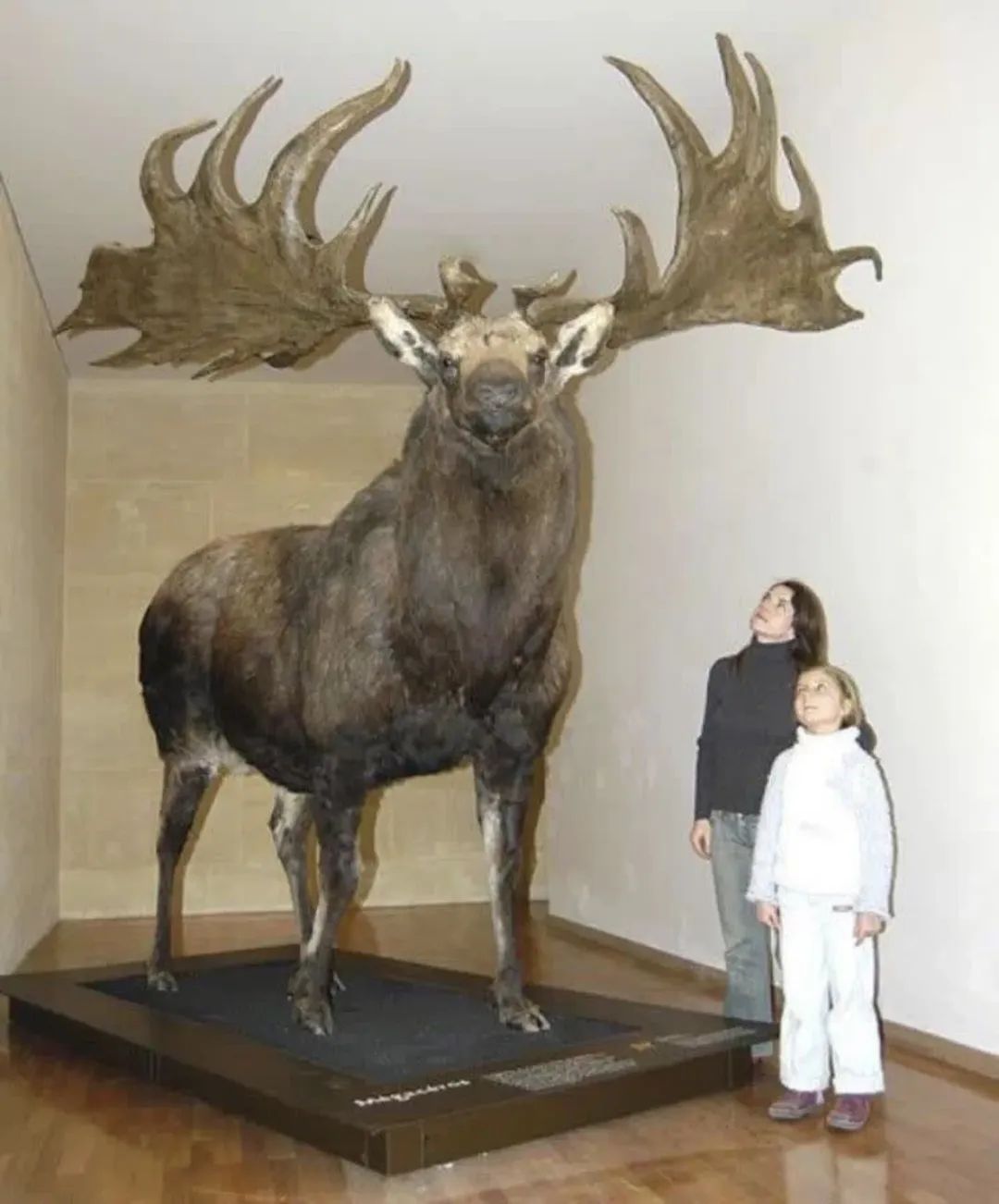
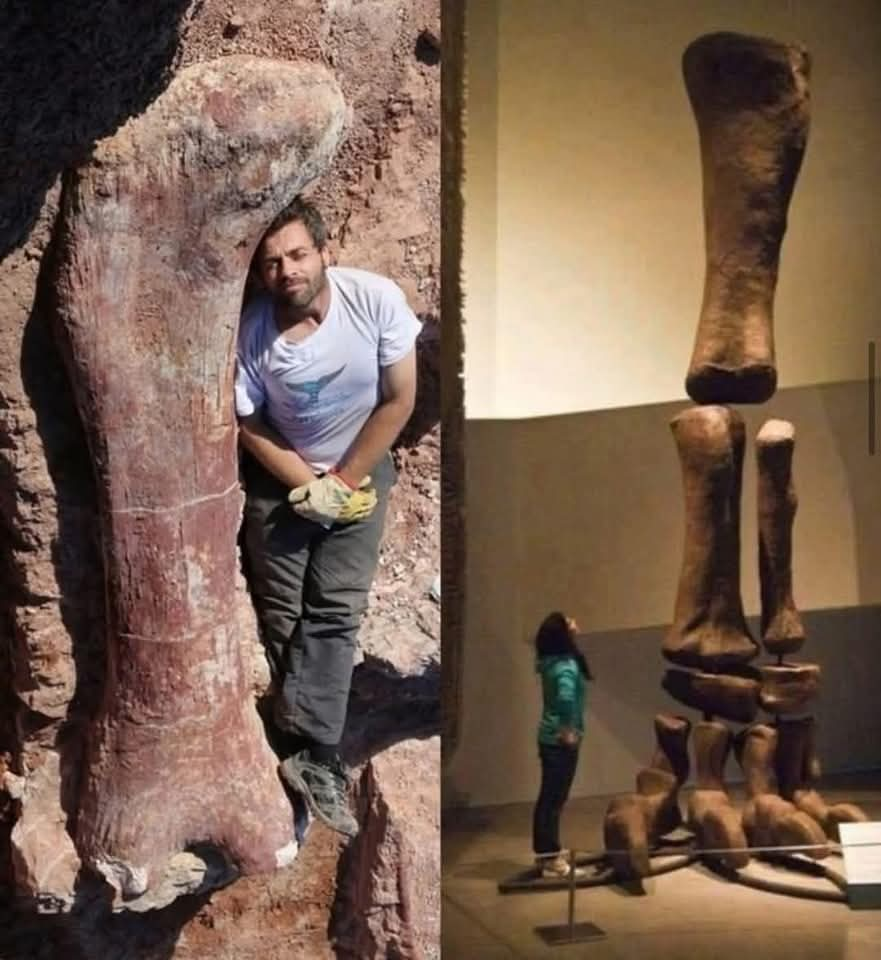


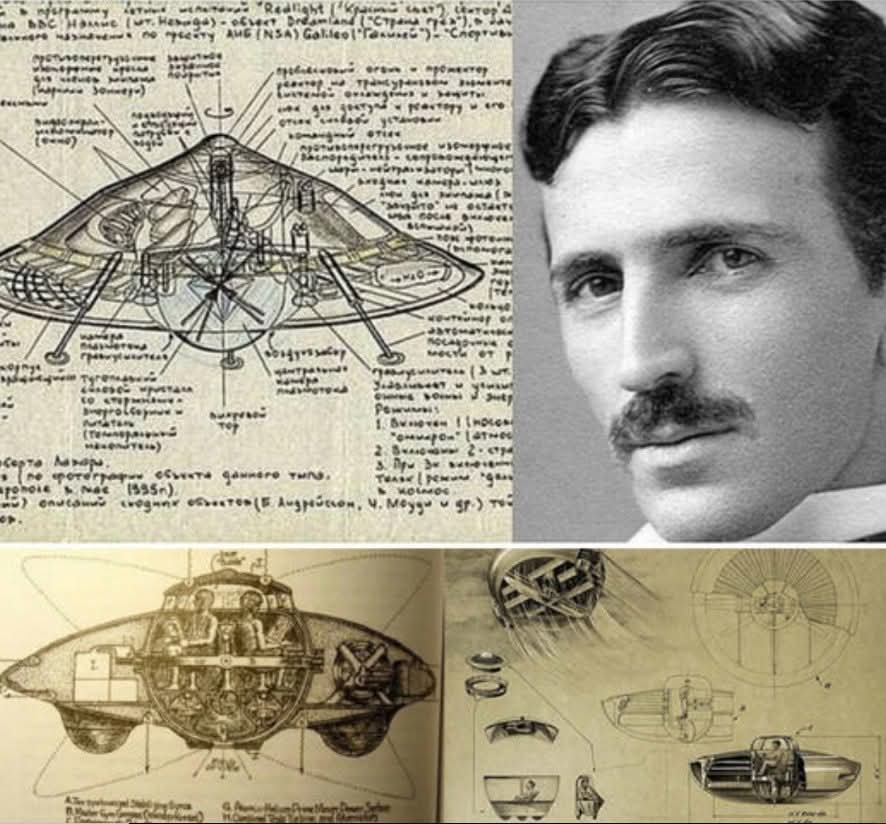
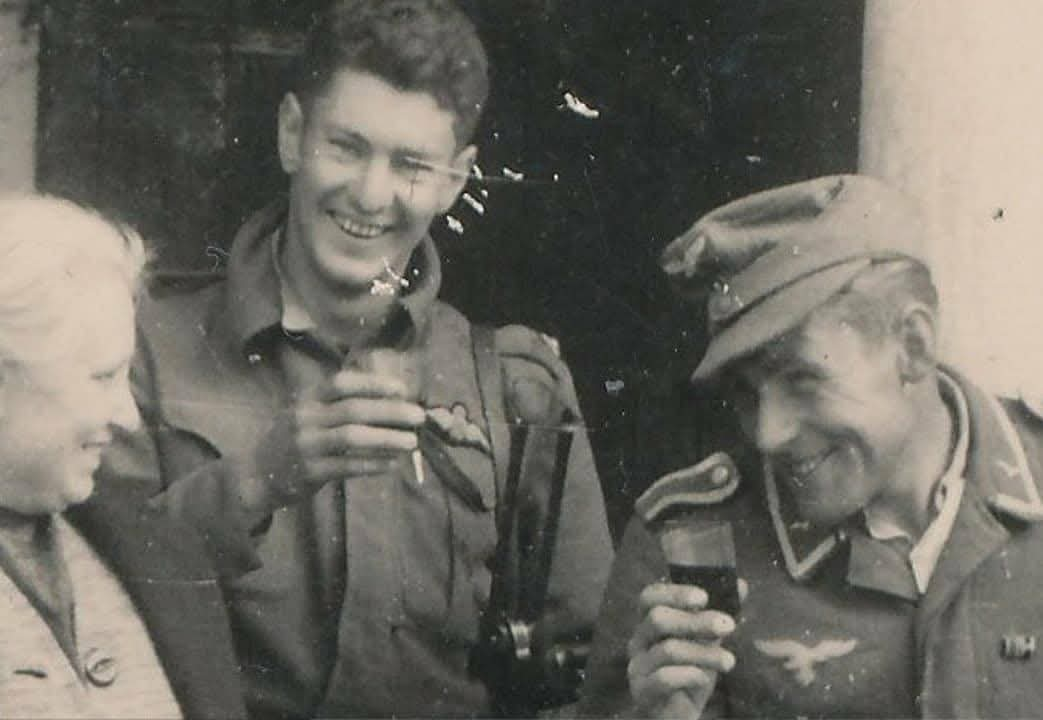
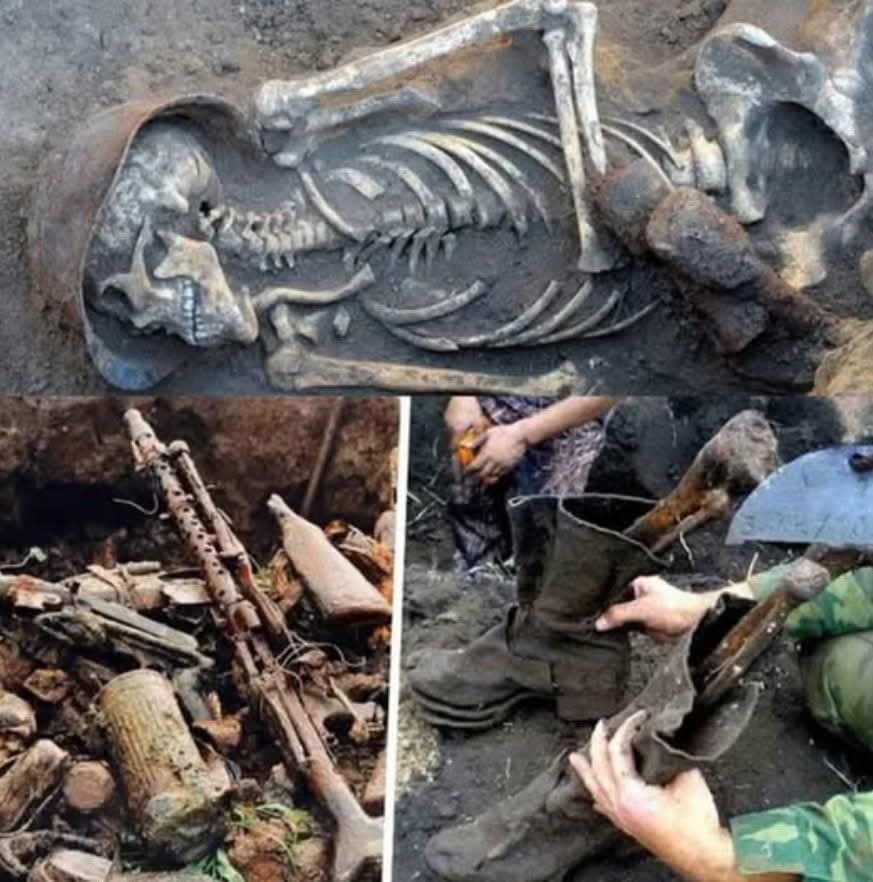

Leave a Reply